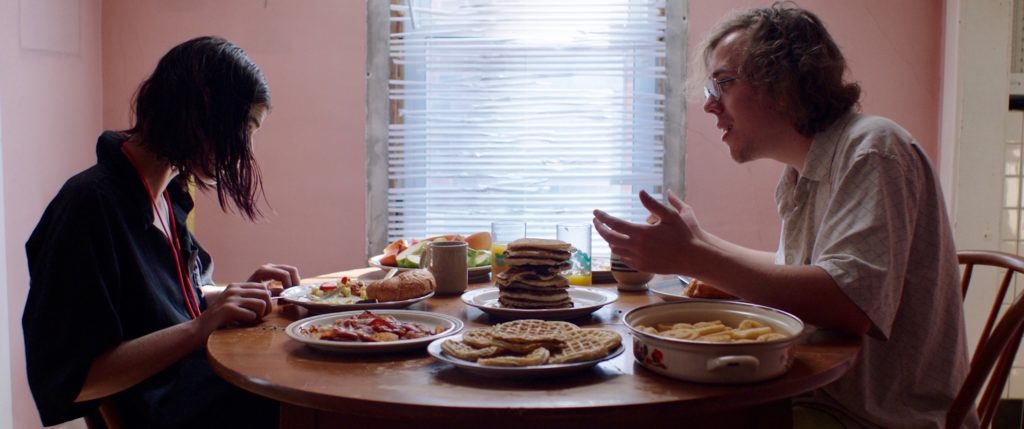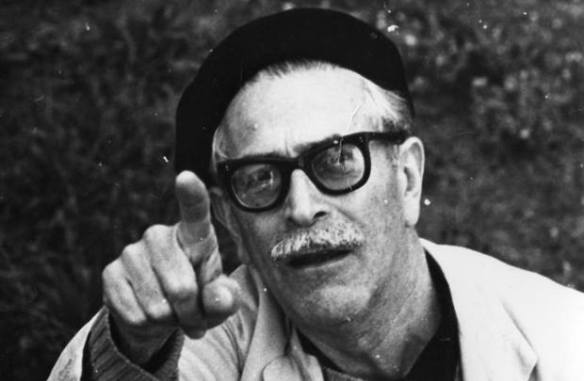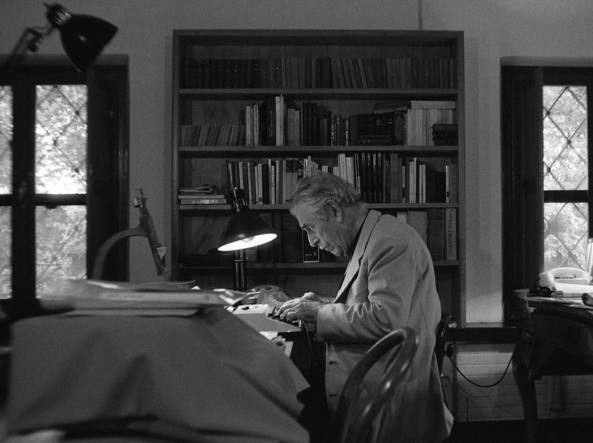Article by: Silvia Gentile
Translated by: Lucrezia Villa
Director Sabrina Sarabi’s first feature film, in competition at Torino Film Festival, on the surface seems to belong to the traditional coming-of-age films.
David (Louis Hofmann) is a young pianist, who studies at a prestigious music academy tutored by cold and strict Professor Matussek (Ursina Lardi). In order to achieve his dream and be accepted into The Juilliard School, he spends up to eight hours a day practicing without rest. When he meets Walter (Johannes Nussbaum) and Marie (Liv Lisa Fries), a couple with whom he soon after forms an uncommon friendship, his already fragile mental state gets affected. After stealing his friend’s girlfriend, David gets romantically involved with Marie, however, he devotes himself to piano only, and his lack of commitment to their love story causes it to come to an end abruptly.
Continua la lettura di “PRÉLUDE” BY SABRINA SARABI






















